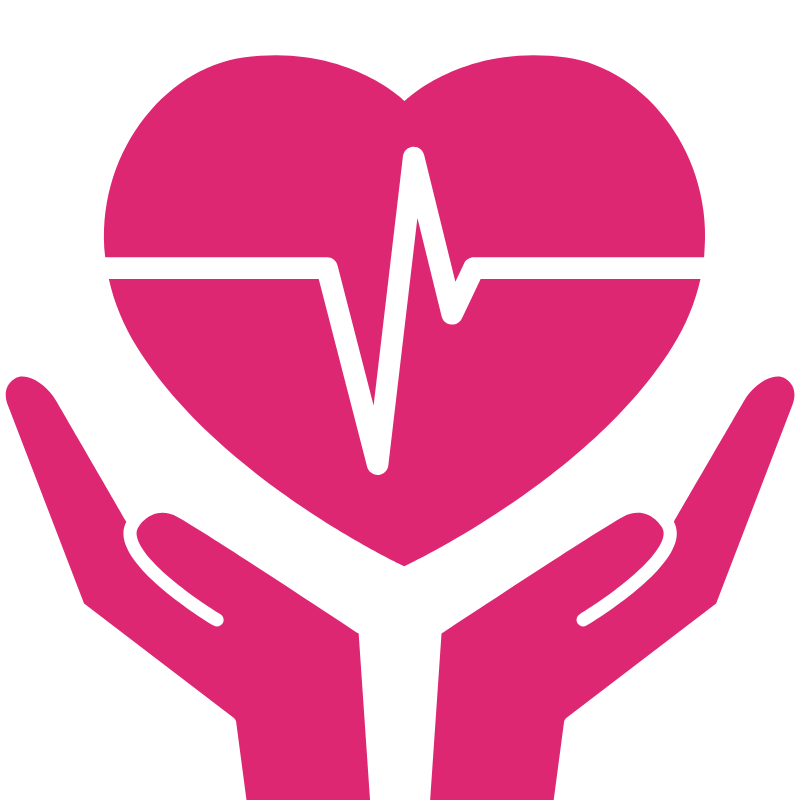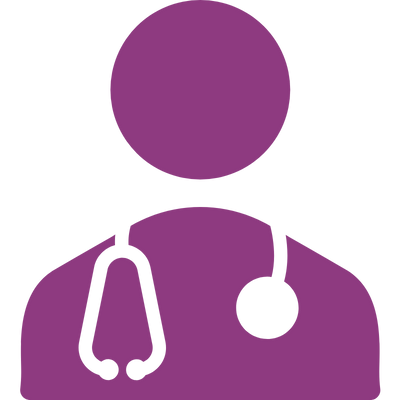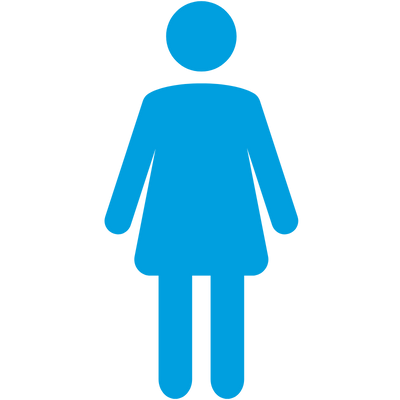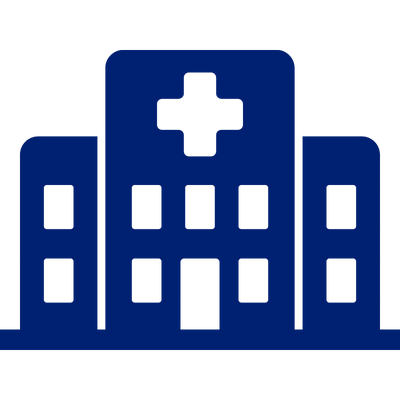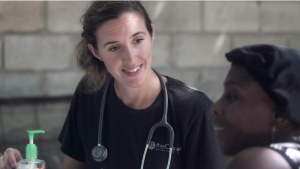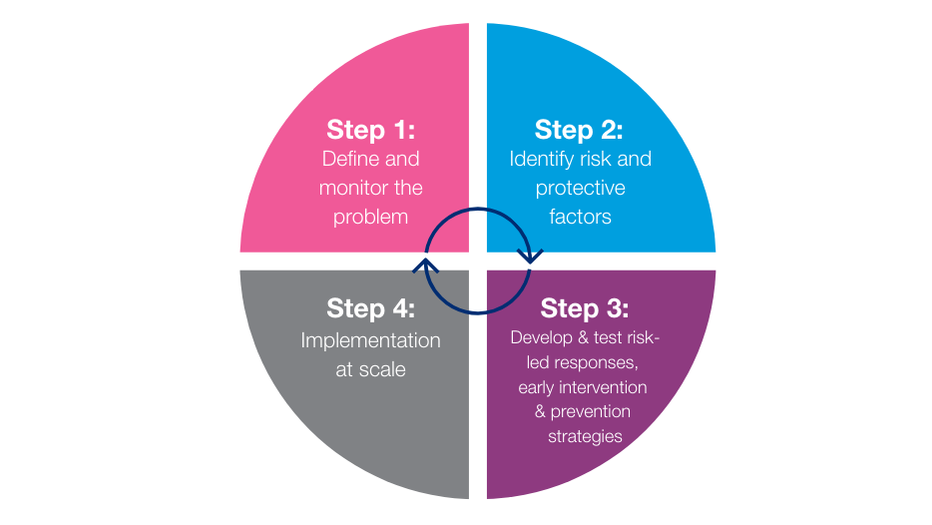The Health Pathfinder project was designed to transform healthcare’s response to domestic violence and abuse by ensuring a coordinated and consistent approach across the health system including acute, mental health and primary care services.

The pilot project ran from 2017 to 2020, led by Standing Together as part of a consortium of expert partners: SafeLives, Imkaan, AVA, IRISi and Standing Together. The project engaged nine clinical commissioning groups (CCGs) and 18 NHS Trusts across England to implement sustainable interventions in eight local areas.
Findings of the Pathfinder pilot informed the Whole Health Model: a coordinated and consistent approach across the health system including acute, mental health and primary care services. The Whole Health Model sees health services and local domestic abuse specialist services working together to commission integrated care pathways and help all health staff to respond safely to survivors of domestic abuse.

